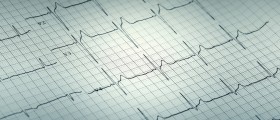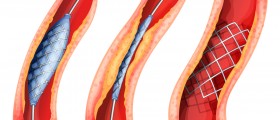
Aspirin For First Aid After A Heart Attack: Is It Safe?
One of the most popular drugs in the world, aspirin, is used as a pain reliever, but it’s also one of the best blood thinners in the world.

After Diagnosis: 7 Medications Used To Treat A Heart Attack
Patients who have recently suffered a heart attack will have to medication as part of their treatment. What do you need to know?

7 Common Tests You May Need Have To Diagnose A Heart Attack
EKGs and echocardiograms are the most common tests performed in the initial phase of diagnosing a heart attack. If the results aren’t clear, doctors will turn to other tests to study the problem in depth.

3 Common Types Of Heart Attack Treatments
With the right treatment path, people who have suffered a heart attack can still live healthy and fulfilling lives, as long as they always follow the treatment path.

Why Your Baby Really Does Need The Hepatitis B Vaccine
Hepatitis B, a serious liver infection, can cause permanent liver damage and even death. The hepatitis B vaccine stands in its way. Yes, your baby needs to be immunized against hepatitis B — and here's why it's important for that to happen during infancy.

Acute vs Chronic Hepatitis B: What Is The Difference?
Hepatitis B comes in two different forms — acute and chronic. What is the difference, and who is at risk of chronic hepatitis B?

What Role Do Antiplatelet Drugs Play In Treatment After A Heart Attack?
Antiplatelet drugs have the role of preventing platelets from coming together and forming blood clots.

What Happens During Single Photon Emission Computed Tomography (SPECT)?
The SPECT scan is a non-invasive nuclear imaging test that involves injecting a radioactive tracer into the bloodstream.

What Happens During A Radionuclide Angiography Or MUGA Scan? What To Expect And What Are The Risks?
MUGA scans are a good way to test the efficiency of your heart when it comes to pumping blood.

What Is A Positron Emission Tomography (PET) Scan And How Can It Help Detect A Heart Attack?
A PET scan is a nuclear imaging test, which is basically a combination between an EKG and a CT scan and used to determine heart attacks.

